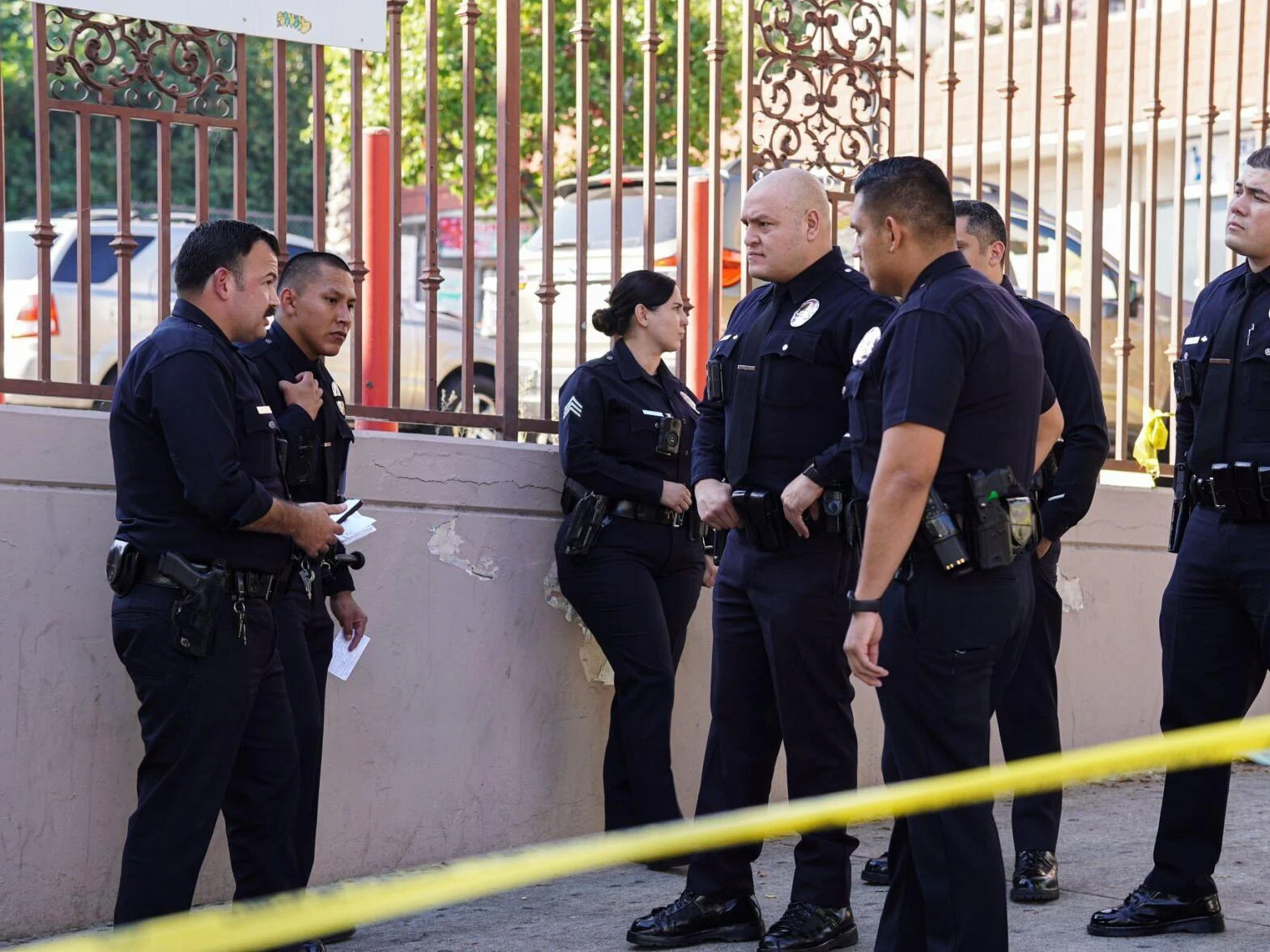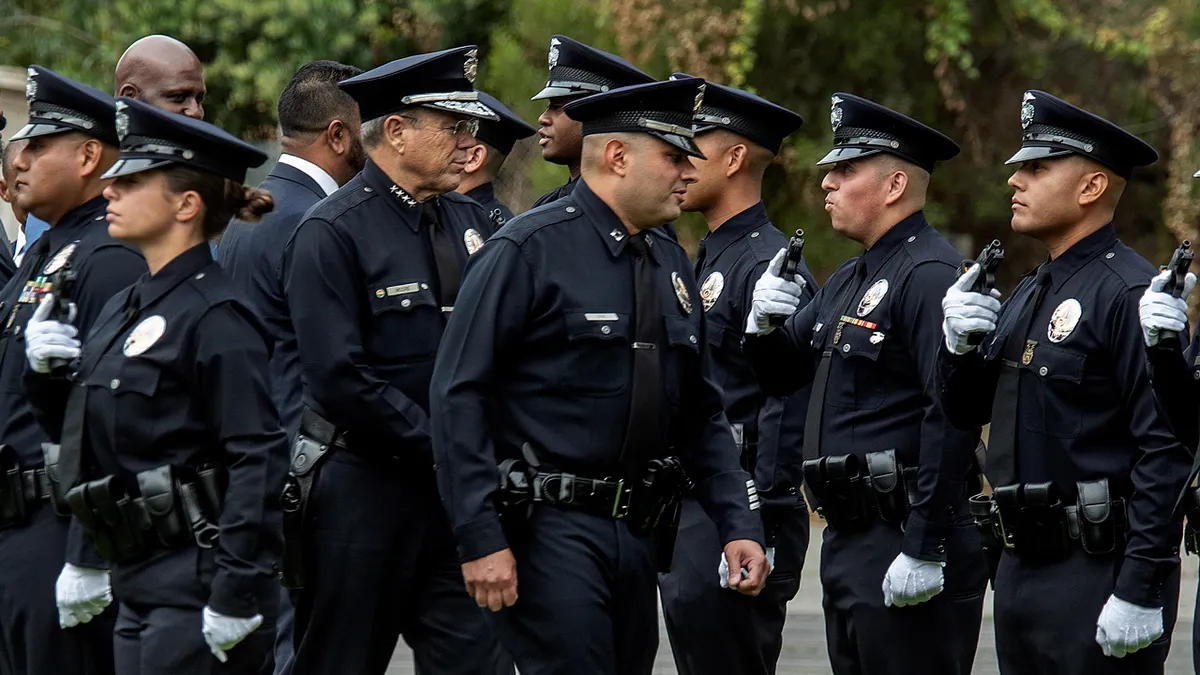The Los Angeles Police Department’s oversight committee has approved new policies allowing illegal immigrant police personnel to carry weapons at all times. Following California’s 2022 law, which opened the question of whether Deferred Action for Childhood Arrivals (DACA) applicants under President Obama should carry weapons while off duty, comes this ruling.

Photo: The Center Square
DACA Recipients and Armed Status Debate
DACA recipients are now eligible to pursue occupations in law enforcement, including the potential to become armed police officers, because to California’s 2022 law. There have been concerns raised over the LAPD’s off-duty handgun privileges as the agency recently graduated its first DACA applicant and is scheduled to graduate nine more in the spring of 2024.
DACA recipients are exempt from the general prohibition on illegal immigrants owning firearms when performing police enforcement activities, despite both federal and state laws to the contrary. Based on the idea that a police officer is effectively on duty at all times, the Los Angeles Board of Police Commissioners unanimously adopted a preliminary policy draft enabling DACA holders to be armed off duty.
Chief of Police Michael Moore emphasized collaboration with the Department of Justice at state and federal levels to create a policy aligning with current laws and immigration provisions. However, the formal adoption of the policy is pending, and DACA recipients will not carry firearms off duty until its full approval.
READ ALSO: Stabbing Incident At Goose Hollow MAX Station In Portland Is Currently Being Investigated
National Trends and Legislation on DACA Recruits
California led the way in becoming the first state to pass legislation seeking federal approval for DACA recipients to serve as armed police officers. Recently, Colorado followed suit by passing a similar bill in April 2023, reflecting a growing trend in expanding law enforcement opportunities for DACA recipients.
The debate over DACA recipients’ off-duty armed status underscores the complexities of immigration policies intersecting with law enforcement regulations. As more states consider and enact such legislation, the broader national conversation on inclusivity and diversity within police forces continues to evolve.
























